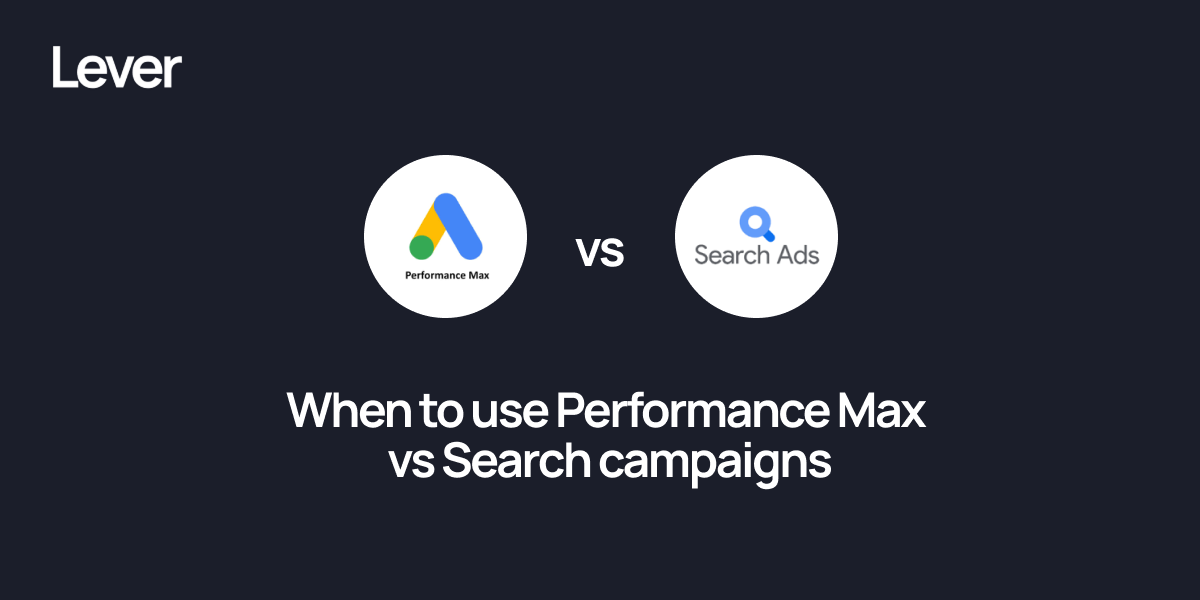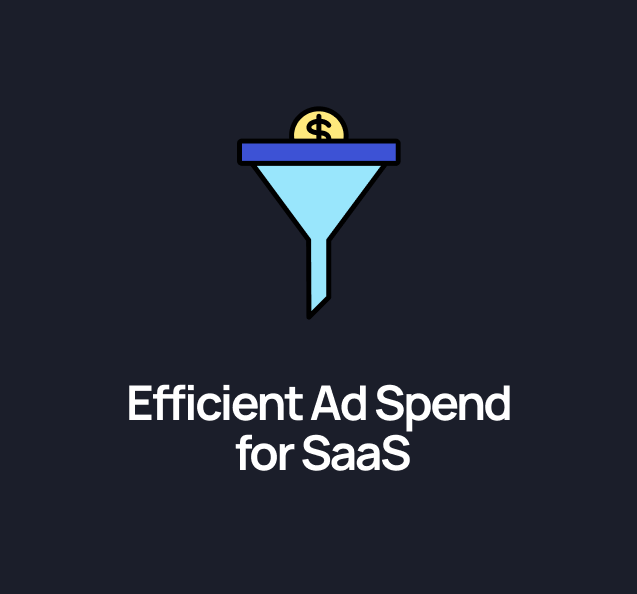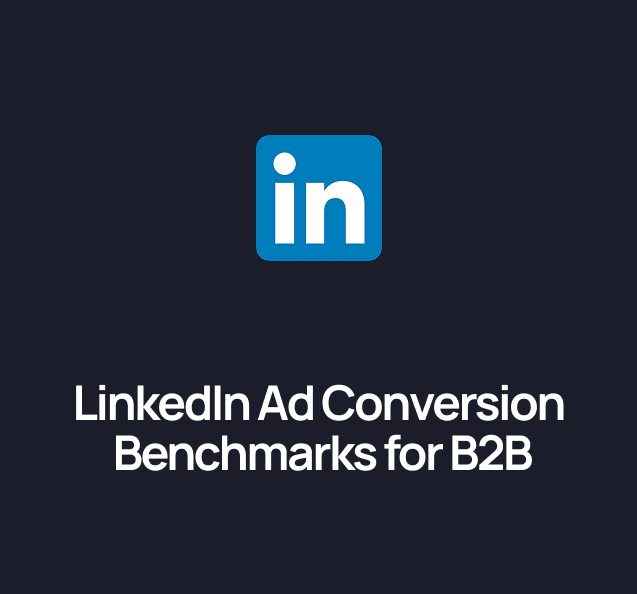When it comes to online advertising, choosing the right campaign type can significantly impact the success of your marketing efforts. Two popular options offered by Google Ads are Performance Max campaigns and traditional Search campaigns. Each has its unique strengths and ideal use cases. Understanding when to use each can help businesses maximize their advertising budgets and achieve their marketing goals more effectively.
Understanding Performance Max Campaigns
Performance Max campaigns are designed to help advertisers reach their goals across all Google inventory from a single campaign. This includes YouTube, Display, Search, Discover, Gmail, and Maps. By leveraging machine learning, Performance Max optimises ad delivery in real-time, ensuring that ads are shown to the right audience at the right time.
Key Features of Performance Max
One of the standout features of Performance Max is its ability to automate ad placements and bidding strategies. Advertisers provide creative assets, and the system generates ads tailored to various formats and placements. This not only saves time but also allows for a more dynamic advertising approach.
Additionally, Performance Max campaigns utilize audience signals to identify potential customers. By analysing user behaviour and preferences, the system can target individuals who are more likely to convert, enhancing the effectiveness of the campaign. This data-driven targeting is crucial in today’s competitive landscape, where understanding consumer intent can significantly influence campaign success.
Benefits of Using Performance Max
The primary benefit of Performance Max is its comprehensive reach. Advertisers can access multiple platforms without the need to create separate campaigns for each. This holistic approach can lead to increased brand visibility and engagement across diverse channels. Furthermore, the integration of various ad formats means that brands can showcase their products or services in a way that resonates best with their audience, whether through engaging video content or visually appealing display ads.
Moreover, the automated nature of Performance Max allows for continuous optimisation. As the campaign runs, the algorithm learns and adapts, improving performance over time. This is particularly advantageous for businesses that may not have the resources to constantly monitor and adjust their campaigns manually. The system’s ability to analyse vast amounts of data in real-time means that even small businesses can compete effectively with larger brands, leveling the playing field and offering opportunities for growth. In addition, the insights gained from Performance Max can inform future marketing strategies, providing valuable information on customer preferences and behaviours that can be leveraged across other marketing efforts.
Exploring Search Campaigns
Search campaigns, on the other hand, are more traditional and focused primarily on text-based ads that appear on Google search results pages. These campaigns are designed to target users actively searching for specific keywords, making them highly relevant and often more effective for direct response marketing.
How Search Campaigns Work...
In a Search campaign, advertisers select keywords that they want their ads to appear for. When users search for those keywords, the ads are displayed alongside organic search results. This type of targeting ensures that the audience is already interested in the product or service being offered, which can lead to higher conversion rates.
Search campaigns also allow for more granular control over bidding strategies and ad placements. Advertisers can adjust bids based on performance metrics, ensuring that they are investing their budget effectively. Furthermore, the use of negative keywords can help refine targeting by preventing ads from appearing for irrelevant searches, thus optimizing ad spend and improving overall campaign efficiency.
Advantages of Search Campaigns
One of the main advantages of Search campaigns is their ability to capture demand at the moment it arises. When users search for specific terms, they are often further along in the buying process, making them more likely to convert. This immediacy can lead to a higher return on investment for businesses focused on driving sales.
Additionally, Search campaigns provide detailed insights into keyword performance and user behavior. Advertisers can analyze which keywords are driving traffic and conversions, allowing for data-driven decision-making and continuous improvement of the campaign. The ability to implement A/B testing on ad copy and landing pages further enhances the effectiveness of these campaigns, as advertisers can identify the most compelling messages and user experiences that resonate with their target audience.
Moreover, search campaigns can be tailored to different stages of the customer journey. For instance, advertisers can create specific ads for users who are just beginning their research phase, as well as for those who are ready to make a purchase. This level of customisation not only improves engagement but also fosters a more personalized experience for potential customers, ultimately enhancing brand loyalty and trust.
When to Use Performance Max Campaigns
Performance Max campaigns are particularly beneficial for businesses looking to expand their reach across multiple platforms without the need for extensive management. Here are some scenarios where Performance Max may be the ideal choice:
1. Broad Marketing Goals
If a business aims to increase brand awareness or reach a wider audience, Performance Max campaigns can help achieve these goals by leveraging various channels simultaneously. The automated optimisation ensures that ads are shown to the most relevant audiences across Google’s vast network. This means that businesses can tap into potential customers who may not be actively searching for their products but are likely to engage based on their interests and online behavior. Furthermore, the ability to track performance across different platforms provides valuable insights into which channels are most effective for reaching specific demographics.
2. Limited Resources for Campaign Management
For businesses with limited marketing teams or resources, Performance Max offers a hands-off approach. The automation reduces the need for constant monitoring and adjustments, allowing marketers to focus on other strategic initiatives. This is particularly advantageous for small to medium-sized enterprises (SMEs) that may not have the budget for dedicated advertising staff. By streamlining the campaign management process, Performance Max enables these businesses to allocate their resources more efficiently, investing time and effort into creative development or customer engagement strategies instead.
3. Diverse Creative Assets
Companies with a variety of creative assets can benefit from Performance Max’s ability to generate different ad formats. This flexibility allows businesses to showcase their products or services in multiple ways, catering to different audience preferences. For instance, a company selling outdoor gear could utilize images, videos, and text ads to highlight various aspects of their offerings, such as durability, style, and functionality. Additionally, the system's machine learning capabilities can analyse which formats resonate best with different segments of the audience, optimizing the delivery of content to maximize engagement and conversion rates.
Moreover, Performance Max campaigns can adapt to seasonal trends or promotional events, ensuring that the most relevant creative assets are utilized at the right time. This dynamic approach not only keeps the advertising fresh and engaging but also allows businesses to respond swiftly to market changes, enhancing their competitive edge. By continuously learning from user interactions, Performance Max can refine its strategies, making it an invaluable tool for businesses looking to stay ahead in a fast-paced digital landscape.
When to Use Search Campaigns
While Performance Max has its advantages, there are specific situations where Search campaigns may be more effective. Understanding these scenarios can help businesses make informed decisions about their advertising strategy.
1. Targeting Specific Keywords
If a business has identified specific keywords that drive traffic and conversions, Search campaigns allow for precise targeting. This is particularly valuable for companies with niche products or services that may not have broad appeal.
2. Immediate Sales Focus
For businesses looking to drive immediate sales or leads, Search campaigns can be highly effective. By targeting users actively searching for relevant terms, companies can capture demand at the moment it arises, leading to quicker conversions.
3. Detailed Performance Tracking
Search campaigns provide granular insights into keyword performance, allowing advertisers to analyze which terms are most effective. This data can inform future marketing strategies and help optimize campaigns for better results.
Combining Performance Max and Search Campaigns
In many cases, businesses may find that a combination of Performance Max and Search campaigns yields the best results. By leveraging the strengths of both, advertisers can create a comprehensive marketing strategy that addresses different aspects of their target audience’s journey.
1. Comprehensive Marketing Strategy
Using both campaign types allows businesses to cover a broader spectrum of customer touchpoints. Performance Max can drive awareness and engagement across various platforms, while Search campaigns can capture demand when users are actively searching for specific products or services.
2. Enhanced Data Insights
By analysing data from both campaign types, businesses can gain a deeper understanding of their audience. Insights from Search campaigns can inform the creative assets used in Performance Max, leading to more effective targeting and messaging.
3. Budget Optimisation
Combining the two approaches can also help optimise ppc budget allocation. Businesses can allocate funds to Search campaigns during peak demand periods while using Performance Max to maintain visibility during off-peak times.
Best Practices for Implementing Performance Max and Search Campaigns
To maximise the effectiveness of both Performance Max and Search campaigns, consider implementing the following best practices:
1. Define Clear Goals
Before launching any campaign, it’s essential to define clear marketing goals. Whether it’s increasing brand awareness, driving sales, or generating leads, having specific objectives will guide the campaign strategy and help measure success.
2. Utilise Audience Signals
For Performance Max campaigns, take advantage of audience signals to enhance targeting. Provide the system with as much relevant data as possible, such as customer lists, website visitors, and demographic information, to improve ad delivery.
3. Continuously Monitor and Optimise
Regularly review campaign performance and make adjustments as needed. For Search campaigns, analyse keyword performance and adjust bids accordingly. For Performance Max, monitor asset performance and refine creative as necessary to improve results.
Conclusion
Choosing between Performance Max and Search campaigns depends on various factors, including business goals, available resources, and target audience. Performance Max offers a broad reach and automated optimisation, making it ideal for businesses looking to expand their visibility across multiple platforms. In contrast, Search campaigns provide precise targeting and immediate sales opportunities, making them suitable for businesses focused on driving conversions.
Ultimately, a well-rounded ppc strategy may involve a combination of both campaign types. By understanding the strengths and weaknesses of each, businesses can create a comprehensive approach that maximises their advertising efforts and drives meaningful results.

.svg)








.svg)
